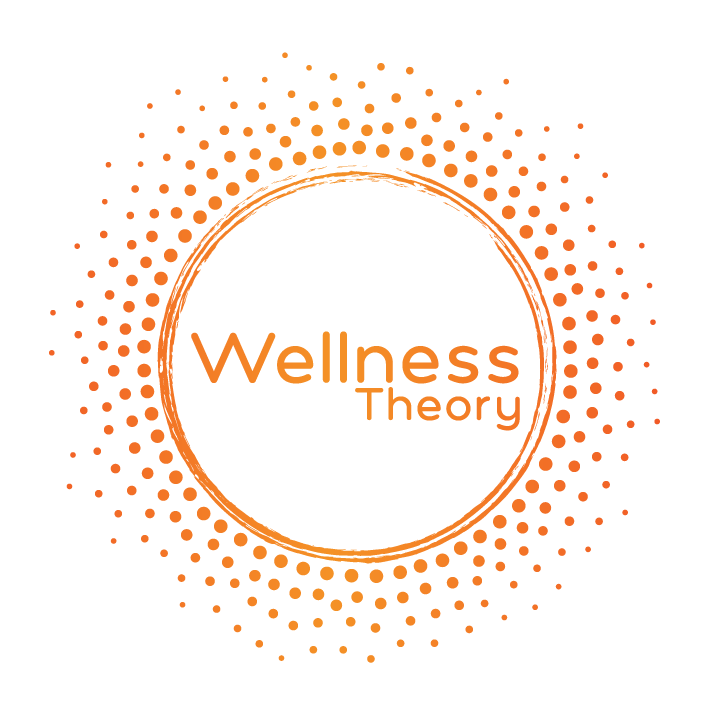Getting Teamwork Right

Teamwork means “The collaborative effort of a group to achieve a common goal or to complete a task in an effective and efficient way”. In this article, I will talk about the crucial aspects of team development, highlighting the importance of psychological safety in sustaining thriving work environments. I interviewed Andy Fieldhouse, an expert in team dynamics and founder of Team Space. We will explore his journey who is on a mission to revolutionize the world of teams.
In this article you’ll find out:
○ The Power of Conscious Team Building
○ Sustaining Psychological Safety in Teams
○ Psychological Safety and Mental Health
○ Exploring Cultural Dynamics and Purpose-Driven Leadership
○ Empowering Teams Through Coaching
○ Final Thoughts
Continue reading or Watch the full interview here.
The Power of Conscious Team Building
Andy shared insights into the evolution of his approach to team building. While he acknowledged the value of traditional team-building activities, he stressed the limitations of one-off events. The story of a team building day that didn't yield lasting change highlighted the need for a more sustainable approach.
Enter coaching, a transformative concept that caught Andy's attention. He explained how coaching at a team level focuses on the entity itself rather than individual members. Through structured conversations and coaching tools, teams are encouraged to have open and honest discussions, sustaining awareness and driving positive change.
In Andy's words, "it's about behavior, human connection, and interaction," highlighting the need for continuous improvement rather than isolated interventions.
The prevalent misconceptions surrounding team building. He addressed the common tendency to treat team building as a checkbox exercise, cautioning against expecting lasting results from sporadic events. He stressed the need for a committed, partnership-based approach, where both the coach and the team actively contribute to sustained change.
Highlighting the importance of measurable outcomes, Andy discussed the dual scales of business results and emotional well-being within a team. With his clients, Andy uses practical strategies, including surveys, to gauge team health and track progress over time. The goal, he asserted, is to create an environment where teams continually evolve and thrive.

Sustaining Psychological Safety in Teams
To have psychological safety in teams we must be focusing on creating an environment where team members feel comfortable expressing themselves. It’s a crucial role of leadership to be setting the tone for openness, the impact on team dynamics, and the profound connection between psychological safety and mental health.
Highlighting the importance of teams admitting failures and vulnerabilities without fear of judgement. It’s not always easy to do, especially in professional settings where the stakes may feel higher. Drawing from the Google Project Aristotle study, Andy revealed that a culture of openness, rather than specific job skills or team composition, is the primary indicator of a team's success.
Leaders are encouraged to lead by example, create explicit rules, and provide a safe space for team members to express themselves. The process involves asking the right questions, practising in a coaching environment, and gradually introducing this cultural shift.
Psychological Safety and Mental Health
Andy and I shared personal experiences of burnout in high-pressure work environments because of the direct link between team dynamics, psychological safety, and mental well-being. Organizations need to proactively create a culture of openness to mitigate stress, reduce turnover costs, and ultimately contribute to a healthier workplace.

Exploring Cultural Dynamics and Purpose-Driven Leadership
Andy highlighted three cultural lenses – guilt and innocence, shame and honor, and fear and power – through which individuals perceive the world. While cautioning against generalizations based on nationality, he acknowledged the prevalence of these cultural dynamics and their impact on workplace interactions.
Psychological safety, a concept rooted in Western philosophy, can be challenging to implement in cultures driven by shame, honor, fear, and power. Andy stressed the need for patience and gradual steps to encourage open communication in such environments.
For those keen on understanding these cultural dynamics, Andy recommended the work of Marco Blanckenberg, an expert in the intercultural space. His company, Knowledge Works, offers valuable insights and resources on navigating cultural differences.
The team coaching Andy delivers at Team Space includes the importance of identifying whether a team is in a coachable situation, categorizing teams into ambitious, broken, or undergoing change. The initial step involves assessments through surveys, interviews, and team meetings to gauge the team's dynamics.
Importantly, Andy highlights the need for the entire team to be on board for coaching to be effective. Sharing a candid example, he recounted a case where a team, initially deemed in need of coaching, eventually proved self-sufficient and achieved their goals without further intervention.
Whether the goal is to adopt psychological safety, addressing cultural dynamics, or navigating change, the holistic approach advocated by Team Space reflects a commitment to nurturing purpose-driven, high-performing teams in the ever-evolving landscape of the modern workplace through dynamic coaching.

Empowering Teams Through Coaching
Andy shares a powerful anecdote about a situation where an individual refused coaching, illustrating the importance of active participation in the coaching process. He stresses that for coaching to be effective, teams must be willing to engage in open communication.
His commitment to transparency and ethical coaching is evident in his approach. He highlights the importance of aligning with his purpose and ethical values, turning down unnecessary sessions when a team demonstrated self-sufficiency. This transparency not only built trust with the client but also led to referrals and additional opportunities, showcasing the positive impact of ethical coaching practices.
He expresses a deep-seated belief that individuals deserve to belong in a positive and supportive work environment. As a parent, he sees the broader impact of creating happier, healthier workplaces that contribute to a better world for future generations.
Final Thoughts
Andy’s insights into purpose-driven teams, transparent coaching, and the butterfly effect underscore the potential for positive change within teams and the broader world. By embracing ethical coaching practices, sustaining transparent communication, and supporting impactful goals, individuals can truly become a force for good, creating ripples of positive change that extend far beyond the immediate workplace.
Access the full interview for free:
Find out more about Andy Fieldhouse.
As always, I’d love to hear your thoughts so we can learn and grow together,
Reach out on Linked In any time, Charlotte Stebbing-Mills
P.S.
Find out how to get the most out of your employee wellbeing programmes by Taking the Optimising Workplace Wellbeing Scorecard.
This Scorecard has been developed to show organisations how to optimise wellness initiatives in this ever-changing landscape and provide instant, actionable steps on how to use strategic wellness programmes to:
• Enhance Performance
• Build Sustainable Profit
• Improve Employee Wellbeing at Every Level
• Create Meaningful Engagement
It's quick, free and you'll receive customised results instantly revealing how to optimise your well-being programs.
Much love and wellness,
Charlotte and Jonathan
AUTHOR
Charlotte Stebbing-Mills
Award Winning Stress Relief & Wellbeing Specialist
Co-Founder of The Wellness Theory
With 19+ years experience and her corporate success within the health, fitness and wellness industry, she has worked with hundreds of purpose-led individuals and organizations to move from surviving to thriving.
After burning out, she knows first-hand how it feels to feel like something is missing in life, to the point of hitting rock bottom and struggling to get back up again. Mastering the art of healing and high-performance simultaneously is no small feat.
Charlotte can relate to how overwhelming it can be, but she'll also be the first to tell you that there is a way forward. Her own journey is proof that you can bounce back and create the life you always wanted, for yourself and those you love.

© COPYRIGHT OF THE WELLNESS THEORY 2021
